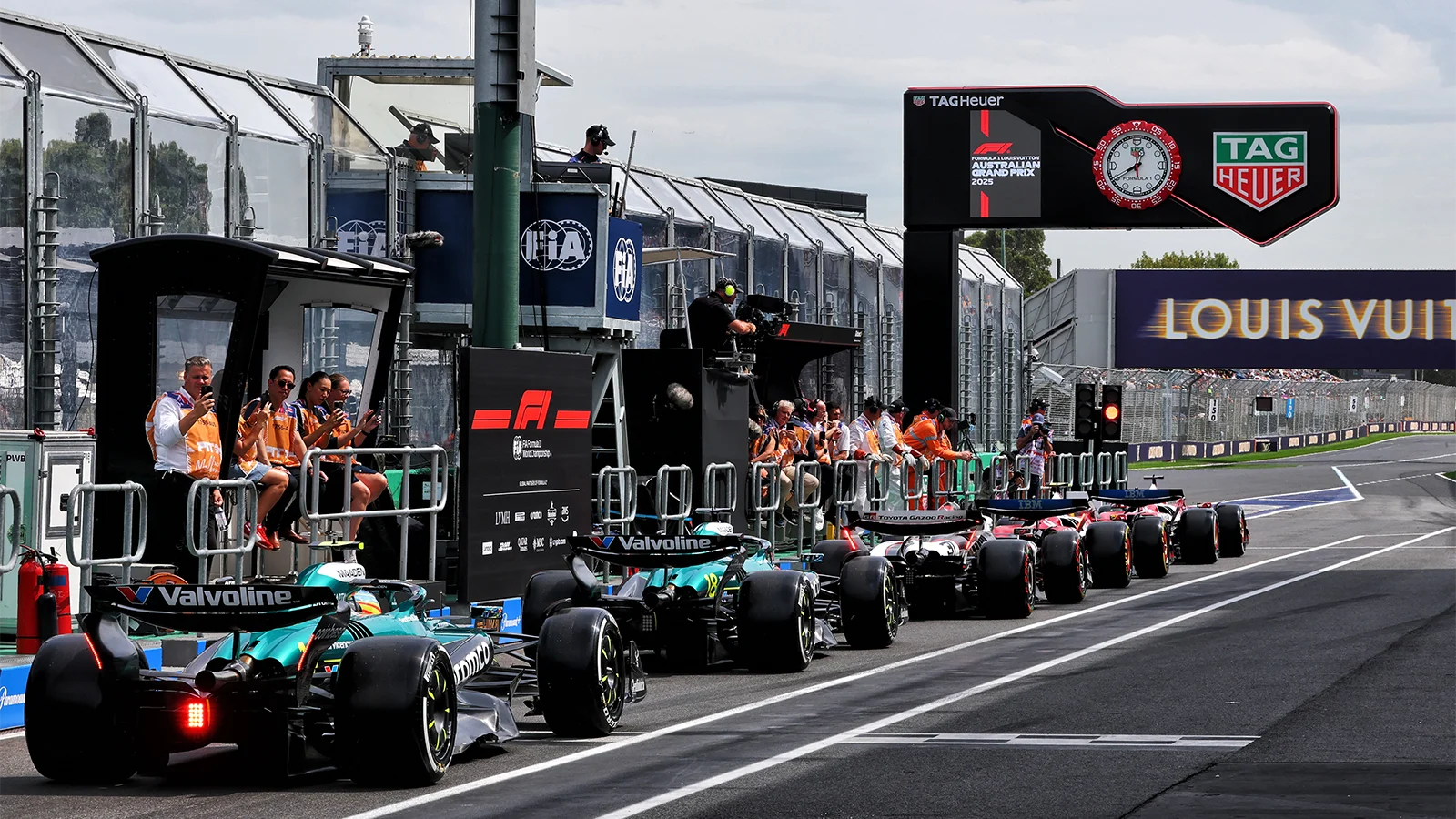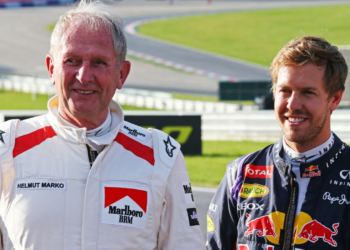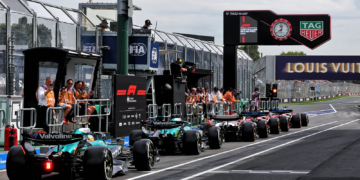Formula 1 is targeting measures to ensure quick convergence between power unit providers to prevent one OEM from dominating the 2026 regulations.
The incoming power units are an evolution of the current hybrid powertrains, where sustainable fuels and greater electrification take precedence amid the removal of the MGU-H system.
The last change to the engine formula came in 2014, when hybrids were first introduced, and that ushered in an era of dominance for Mercedes, which got the jump on the competition.
There are concerns that the same could happen again, and F1’s key figures want to avoid this.
Motorsport Week asked Ferrari and Aston Martin team bosses Fred Vasseur and Andy Cowell about this key topic: convergence in 2026.
“Honestly, I think it’s impossible to have a precise idea about the performance level of next year’s cars and on the engine,” commented Vasseur.
“We are not in a situation where we’re just speaking about the ICE. Drivability will be key. Temperature will be key. The ICE will be key. The battery will be key. And I’m not sure that anyone knows what the others are doing.”
Cowell added, “As Fred said, it’s very hard to just say it’s about crank power, or battery, or heat rejection. All of these parameters are traded off.
“There are compromises in order to come up with the fastest race car. And we’re still many months away from the introduction point.
“I imagine that every single engineering team is looking at what they’ve got and going, ‘Ah, there are all these performance ideas. How do we get those in?’
“Then there will be a load of reliability issues – how do we solve those? The supply chain will be screaming because you’re asking for both performance and reliability.
“You just push really, really hard – and every single minute of every day counts.
“There are a lot of minutes before the first race. So someone who’s in front at the moment might drop back.
“Someone who’s behind at the moment might go forward. But how do you measure it?
“At the end of the day, it will be Melbourne 2026, in qualifying – that’ll be the first time we really see all the different car types with the power units, with the new aero, new tyres, and so on and that’s where the stopwatch will tell us where everybody is at with their cars.”

Working to mitigate a dominant OEM for F1 2026
With there being several question marks over how the OEMs will stack up in 2026, F1 CEO Stefano Domenicali is adamant the field must be kept competitive.
If that means making changes to the current rules, then so be it.
“Nothing prevents us from working to improve the package,” Domenicali told Autosport.
“The FIA, together with the manufacturers and teams, can always assess if there are areas for improvement.
“We’re on the brink of a major regulatory shift, and I personally believe it’s crucial that the system allows for a faster recovery if a manufacturer falls behind significantly.
“That’s an issue we must address quickly – it could happen to anyone.”
Proposals to encourage convergence were discussed during a meeting between the FIA, F1 and OEMs in Bahrain and will be discussed further in Thursday’s F1 commission meeting.
Christian Horner, upon having attended the meeting in early April, made similar comments to Domenicali regarding convergence.
“When you get a big regulation change, there is performance divergence and that is almost certain to happen next year,” Horner told Sky Sports F1.
“I think we all want to have close-quarters racing, not a repeat of what we had in 2014.
“It’s about having that ability – particularly for the newcomers – to be able to catch up.”
Red Bull is one of those newcomers, building its first in-house power unit, in partnership with Ford, for 2026.
Audi is also joining the party next year, with Honda making a full-scale return.
If they’re to suffer dramatically at the hands of one dominant OEM, like in 2014, it could prove costly.
Domenicali wants F1 “to think strategically,” with the 2026 power units, to avoid risking the entertainment factor.
“Having one dominant team for too long is bad for everyone.
“Our sport is growing incredibly and has become a global benchmark. We should be proud of that – but also cautious.”
READ MORE – Power unit debate rages as F1 Commission proposes 2026 changes









